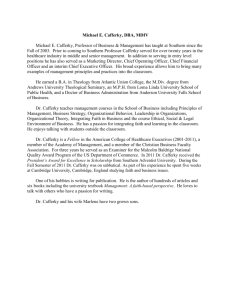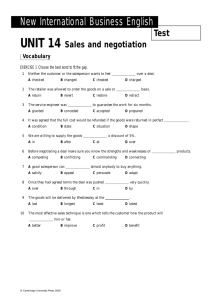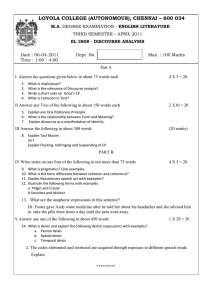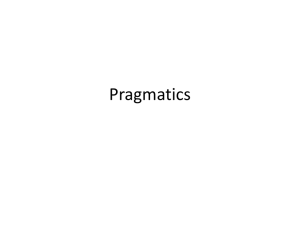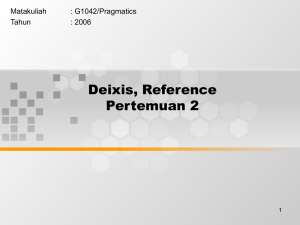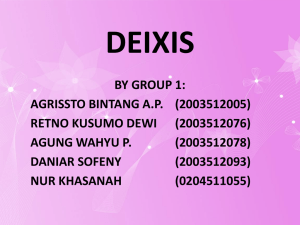shortstory20141
advertisement
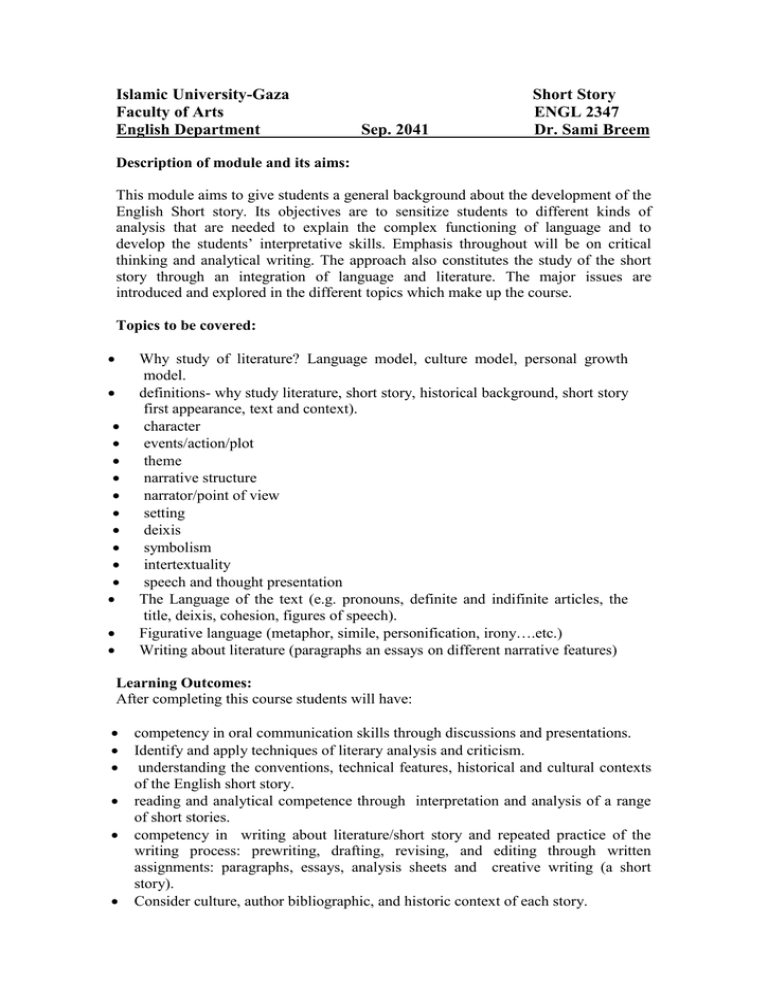
Islamic University-Gaza Faculty of Arts English Department Sep. 2041 Short Story ENGL 2347 Dr. Sami Breem Description of module and its aims: This module aims to give students a general background about the development of the English Short story. Its objectives are to sensitize students to different kinds of analysis that are needed to explain the complex functioning of language and to develop the students’ interpretative skills. Emphasis throughout will be on critical thinking and analytical writing. The approach also constitutes the study of the short story through an integration of language and literature. The major issues are introduced and explored in the different topics which make up the course. Topics to be covered: Why study of literature? Language model, culture model, personal growth model. definitions- why study literature, short story, historical background, short story first appearance, text and context). character events/action/plot theme narrative structure narrator/point of view setting deixis symbolism intertextuality speech and thought presentation The Language of the text (e.g. pronouns, definite and indifinite articles, the title, deixis, cohesion, figures of speech). Figurative language (metaphor, simile, personification, irony….etc.) Writing about literature (paragraphs an essays on different narrative features) Learning Outcomes: After completing this course students will have: competency in oral communication skills through discussions and presentations. Identify and apply techniques of literary analysis and criticism. understanding the conventions, technical features, historical and cultural contexts of the English short story. reading and analytical competence through interpretation and analysis of a range of short stories. competency in writing about literature/short story and repeated practice of the writing process: prewriting, drafting, revising, and editing through written assignments: paragraphs, essays, analysis sheets and creative writing (a short story). Consider culture, author bibliographic, and historic context of each story. Demonstrate how fiction enhances personal awareness and creativity. Texts of Short Stories from : The Star Strange Animal The Story of an Hour A Rose for Emily The Use of Force Verbal Transcription-6 a.m. The Man with the Scar Sodier’s Home At the Barber’s Araby The Bird Boons of Life The CAlif Omar Achild’s dream of a Star The Dead Wife A Fable Faith and Half Faith and no Faith at all A Fruitless Assignmet The Gift of the Magi Alasdair Gray Alexander McCall Smith Kate Chopin William Faulkner William Carlos Williams William Carlos Williams W. Somerset Maughm Ernest Hemingway Anton Chekhov James Joyce Leo Tolstoy Mark Twain Allan Ramsay Charles Dickens Andrew Lang Mark Twain R. L. Stevenson Ambrose Bierce O. Henry References: Handout (theory+ short story texts) Collie, J. and Slater, S. (1993) Short Stories for Creative Language Classrooms, Cambridge: Cambridge University Press. Abrams, M., H. (1993) A Glossary of Literary Terms, New York: Harcourt Brace College Publishers. Short, M. (1996) Exploring the Language of Poems, Plays and Prose, Harlow: Longman. Allen, G. (2000) Intertextyality, London: Routledge. Coles, R. (2004) Teaching Stories, New York: modern Library. Kay, J. and Gelshenen, R. (2011) Discovering Fiction, Cambridge: Cambridge University Press. Milne, I. R. and Sisler, T. (ed.) (2005) Short Stories for Students, New York: Thomson Gale Assessment: final Exam (50%) mid-term (20%) class participation, written assignments (10%) analysis sheets (5%) pp presentations. (5%) creative writing (up to 1000 words short story) (5%) Attendence (5%) !Best Wishes!
